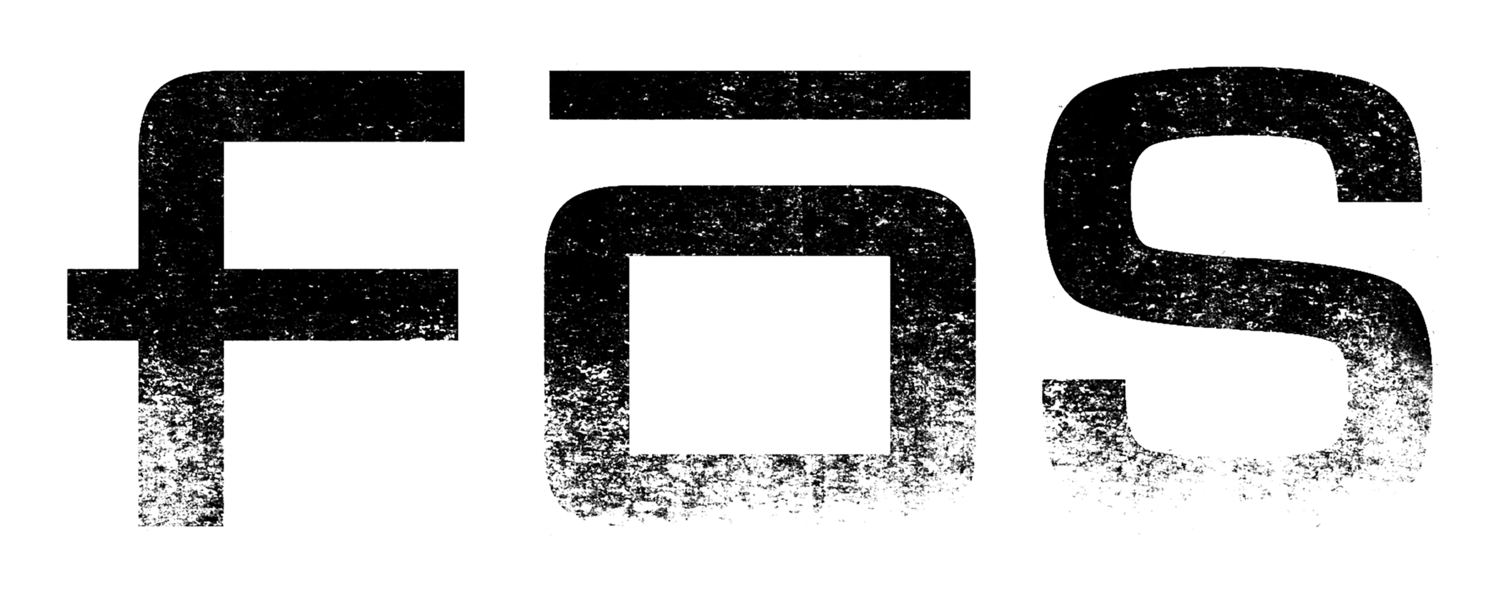The Sacrament of Listening | Sacramental Reality pt. 2
The world around us points us towards the divine. Creation itself in the Bible is said to testify to the reality of God. Humanity is said to be created in the image of God. Thus, every encounter we have with others holds within it the possibility to reveal God present. All of this defines reality as sacramental, meaning, reality itself points us towards the God who is beyond us, with us, and within us. In this new conversation series, “Sacramental Reality,” we will explore different rhythms that help us experience and see this.
The Lord’s Prayer
Our Father in heaven, hallowed be your name,
your kingdom come, your will be done, on earth as it is in heaven.
Give us today our daily bread.
And forgive us our debts, as we also have forgiven our debtors.
And lead us not into temptation, but deliver us from the evil one.
Amen.
The Shared Story
The Blessing | Kareem
Message | The Sacrament of Listening
This week we explore the Sacrament of Listening through the story of the Jerusalem council in Acts 15. Gentiles and Pharisees. Insiders and outsiders. How does learning to hear the voice of the other help us to expand our own stories?
Formational Learning
As we explored the Sacrament of Listening, what stood out to you?
Were there any points of curiosity, clarity, confusion, or conflict that emerged as you walked through these stories?
(Head)
How was listening used in this story to create community and open the door to the possibility of something new?
(Heart)
Sometimes we are the gentile who needs to be included, and sometimes we are the Pharisee who needs to include others. How do you see yourself in both of these characters?
(Hands)
There are a lot of conversations happening around us culturally right now. Who do you have a hard time listening to, and how can you learn to hear their voice?
Our Benediction
May the peace of the Lord Christ go with you: wherever he may send you;
may he guide you through the wilderness: protect you through the storm;
may he bring you home rejoicing: at the wonders he has shown you;
may he bring you home rejoicing: once again into our doors.*
*Claiborne, Shane. Common Prayer: A Liturgy for Ordinary Radicals (p. 52). Zondervan. Kindle Edition.





